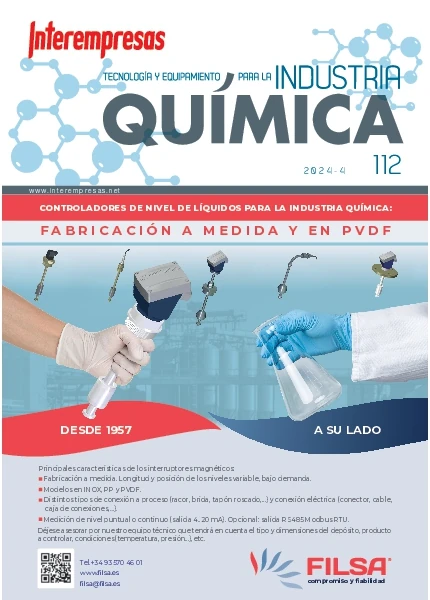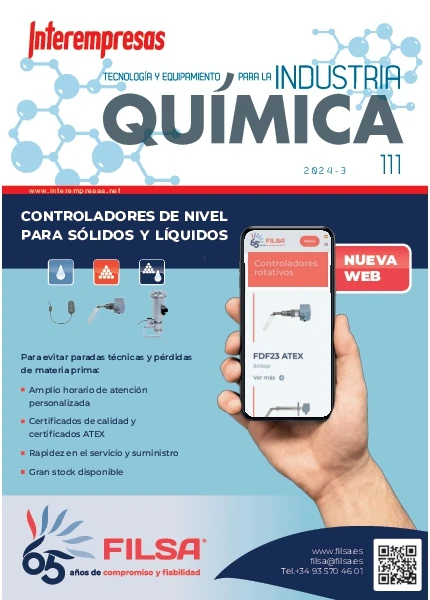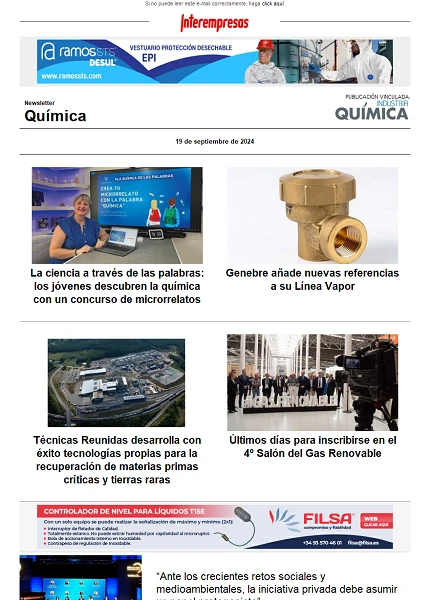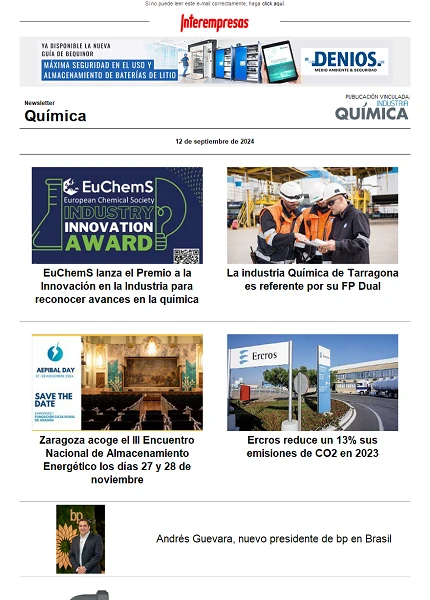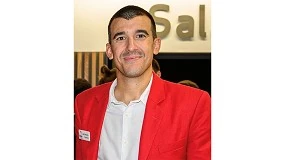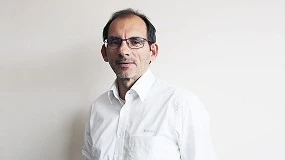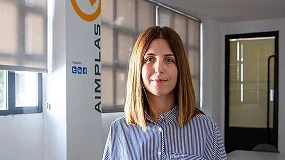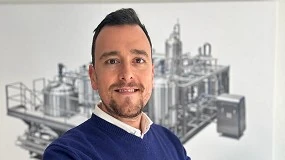Vidas con química
27 de junio de 2012
La química ha traído muchos de los grandes avances científicos que, desde finales del siglo XIX, han permitido el progreso de nuestra sociedad. Hallazgos decisivos para combatir la enfermedad, como los antibióticos o la anestesia y también, objetos cotidianos que nos hacen la vida más fácil, como los DVD o la sacarina. La industria química también forma parte de la respuesta a los grandes retos del futuro.
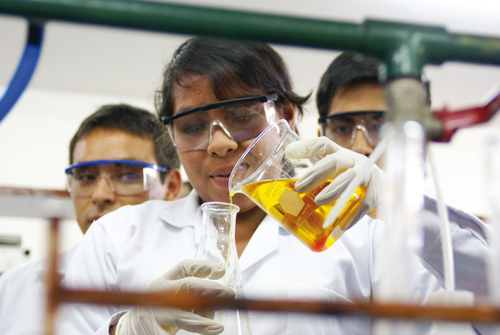
Química para el día a día
Vivimos en un mundo con química, y cualquier acto cotidiano, aunque pase desapercibido, nos pone en contacto con ella. Interviene en gestos rutinarios como darse una ducha: la tubería que conduce el agua, la bañera, los envases, los productos cosméticos o el cepillo de dientes, todos están hechos con diversos plásticos, un material derivado del petróleo a través de procesos químicos.
La lista de aplicaciones es interminable. En una materia tan sensible como la seguridad vial, el casco de los motociclistas, el airbag del vehículo, el cinturón de seguridad o el líquido de frenos son resultado de desarrollos industriales de la química. “La química de Repsol está presente en el confort, en el transporte, en los envases y embalajes, en la construcción…”, explica Jesús Guinea, director ejecutivo de Química de Repsol. “La materia prima que producimos se transforma en millares de productos que hacen que nuestras vidas sean más confortables y seguras”.
Entre las innovaciones más sorprendentes está la fabricación de materiales con ‘memoria’, como la espuma viscoelástica obtenida a partir del poliuretano, procedente del refinado del petróleo. Con la espuma de poliuretano se fabrican colchones que cambian sus propiedades según la temperatura y se adaptan el cuerpo disipando la presión, lo que mejora nuestro descanso. Otro material ‘inteligente’ se encuentra en la ropa elaborada con fibras sintéticas de poliuretano microporoso, que repele los líquidos y no se arruga.
“Repsol también está presente en los envases y embalajes que empleamos para la conservación y transporte de alimentos. Por ejemplo, el polietileno de alta densidad se utiliza en la fabricación de botellas de leche ‘tricapa’ para el envasado aséptico, alargando la fecha de caducidad de la botella hasta cinco meses”, continúa Jesús Guinea. En Europa, más del 50% de las mercancías tienen embalajes de plástico que, además de preservar el contenido, son mucho más ligeros que otros materiales, lo que favorece además un transporte más eficiente.
Plásticos que ahorran energía
“También en nuestros hogares, hay abundante material que proviene de la química” como las tuberías de plástico empleadas para el agua potable y el gas, fabricadas con polietileno de alta densidad y que garantizan la estanqueidad de la red. “El ahorro de energía de la tubería de plástico para agua con respecto a las elaboradas con materiales tradicionales es de un 32%. Y en las tuberías para gas, alcanza el 70%”.
“Los plásticos contribuyen de manera positiva a mejorar el medio ambiente”, continúa Guinea. Una vivienda de 200 metros cuadrados con aislamiento de poliuretano en paredes y techo, consume 800 litros menos de combustible al año y reduce la factura energética un 40%. Algo particularmente relevante en los países más fríos del mundo desarrollado, donde casi la cuarta parte del consumo de energía se destina a sistemas de calefacción.
La química también está detrás de muchos elementos que hacen posible el desarrollo de las energías renovables. Las células fotovoltaicas de los paneles solares emplean derivados químicos, como el silicio cristalino. Y las grandes aspas de los ‘molinos de viento’ que generan la energía eólica están fabricadas con poliéster reforzado con fibra de vidrio, más resistente y ligero que otros materiales como el hierro.

